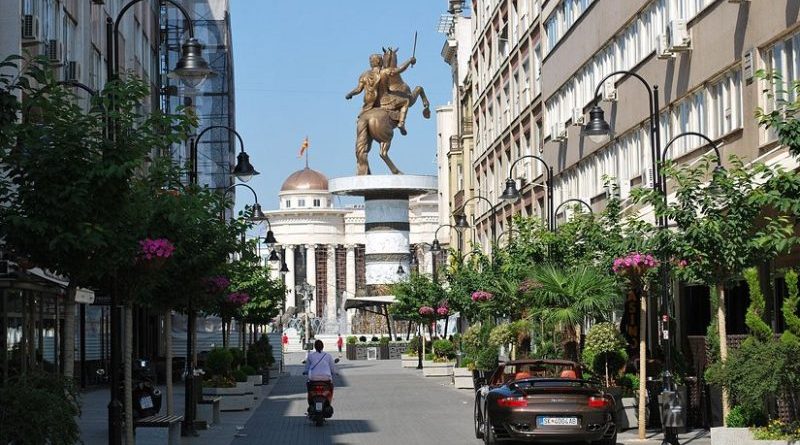Macedonia: Electoral Roll Has 495,000 Suspect Names
By Sinisa Jakov Marusic
Almost half a million names on Macedonia’s electoral roll of 1.8 million need more verification, the State Electoral Commission said after an initial check-up aimed at weeding out fake voters.
A State Electoral Commission report intended to identify fake voters, which was leaked to media on Thursday, said that around 500,000 names on the country’s electoral roll may be fictional and need to be additionally verified.
After a computer cross-referencing of voters’ data from 10 different state institutions, the report said that there are more than 495,000 names that need to be checked, as their data does not appear to match.
The report noted that 192,000 of the people listed on the electoral roll do not appear in any other database.
Fake voters are a key concern raised by the country’s opposition, which accuses the ruling party of tampering with the electoral roll in order to rig polls in its favour.
The initial check-up also found additional 35,000 suspicious voters who are listed at addresses that have unusually large amounts of residents – up to several dozen at the same address.
The 23-page report is yet to be formally adopted by the State Electoral Commission. It also has to adopt a plan laying out how and where to do a door-to-door check on voters in order to verify the large number of inconsistencies.
The Commission decided to additionally check some data before adopting the report.
But its leaking to local media caused an immediate political stir.
The main opposition Social Democratic party, SDSM, said it was yet more proof that the ruling VMRO DPMNE party of recently resigned Prime Minister Nikola Gruevski had been rigging past elections.
But the VMRO DPMNE accused the opposition of creating a false picture about the inconsistencies in the electoral roll in order to create an alibi for its forthcoming election defeat in early polls due later this year.
“As the fear and panic grows within the SDSM, we won’t be surprised if they increase their figures within two weeks up to two million [problematic] citizens [on the electoral roll],” the VMRO DPMNE said in a statement.
Currently, the electoral roll contains more than 1.8 million voters. The OSCE, which has monitored Macedonian elections in the past, has described it as unusually large for a country of just over two million people.
The opposition says the ruling VMRO DPMNE party, which has won nine consecutive elections since 2006 – parliamentary, presidential and local – has an interest in concealing fictive or deceased voters on the electoral roll.
The check-up of the electoral roll and the early elections are both part of moves intended to defuse the political crisis gripping the country.
The crisis escalated last February, when the opposition started releasing batches of covertly recorded tapes, which it said showed that the VMRO DPMNE-led government was behind the alleged illegal surveillance of some 20,000 people, including ministers.
The opposition insists that the tapes contain incriminating evidence against many senior officials, including proof of high-level corruption, government influence over the judiciary, prosecution, businesses and media, politically-motivated arrests and imprisonments, electoral violations and even an attempted cover-up of a murder by a police officer.
Gruevski, who held power as prime minister from 2006 until he resigned in January, says the tapes were “fabricated” by unnamed foreign intelligence services and given to the opposition in order to destabilise the country.

